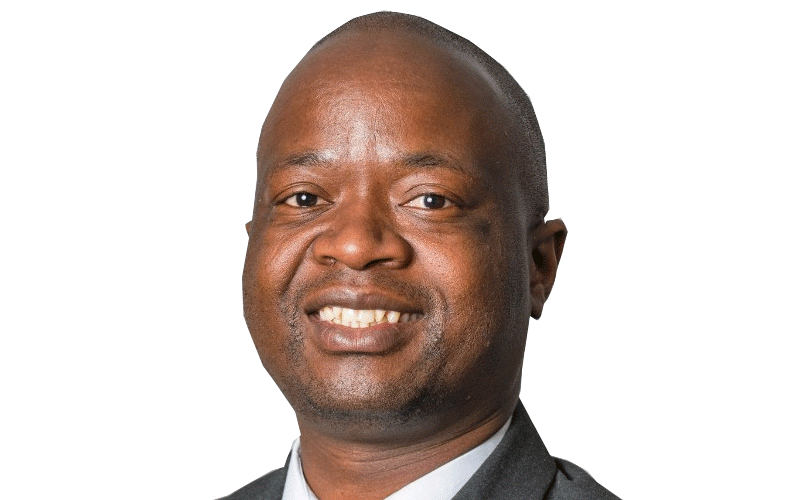
THE Securities Exchange Commission of Zimbabwe (SecZim) says an absence of investment banking has made it difficult to develop new products and limited corporate usage of capital markets.
Investment banking entails to the provision of capital market advisory, capital raising, trading, brokerage and asset management. Investment bankers typically organise large, complex financial transactions such as mergers, acquisitions and initial public offerings.
The regulator is worried that it has not seen investment bankers coming through to provide or sell products that attract investors.
The abscence of investment bankers comes on the back of the declining investors participating in this sector. For example, daily trades on the Zimbabwe Stock Exchange are averaging between 80 to 100, down from a peak of 1 000.
Speaking at the inaugural Capital Markets Conference in Nyanga this week, SecZim chief executive Anymore Taruvinga said the market had been grappling with financial inclusion.
He said something that had been very close to the commission’s heart was the development of a capital market development plan or development strategy.
“You find that unlike other sectors, mining, for example, at the top of our minds, we think of US$12 billion industry because it’s clearly articulated in the clear plan of where we want to go as a country,” Taruvinga said.
“But, when you come to capital markets and perhaps to answer you why we have lost bonds, for example, is perhaps we did not have a strategy that looked forward to say, where do we want to grow our bond market to be by 2030? Where do we want our equities market to be by 2030? Which products do we not have currently that would also want our investors to be exposed to?”
- Tough rules for capital markets key in containing inflation, says Seczim
- Regulator feels IPO drought sting
- ZSE confident of new listings
- SecZim sets up innovation office
Keep Reading
He said there was need to explore other investment classes despite the existence of exchange traded fund, real estate investment trusts and contract for differences in the market.
“What intermediaries do we have currently? We have been debating internally to say, do we need to revive investment banks? Because most of the innovation, fortunately, I think has been driven by the stock exchange. But, we are not seeing investment bankers coming through to actually provide or sell products that attract investors,” Taruvinga said.
“We have been grappling with financial inclusion. Having investment bankers would improve both the primary market activity and the secondary market liquidity. The absence of them has seen difficulties in new products and limited corporate usage of capital markets for fund raising.”
Taruvinga questioned if the capital markets had a target of what inclusion it aspired saying the banking sector was quite clear.
He said the banking sector had developed products that were earmarked for those that they thought were financially excluded.
“But, we have none for the capital markets. And for me, I would say perhaps we don’t have a strategy as capital markets. And it would be ideal that we actually have one,” Taruvinga added.










